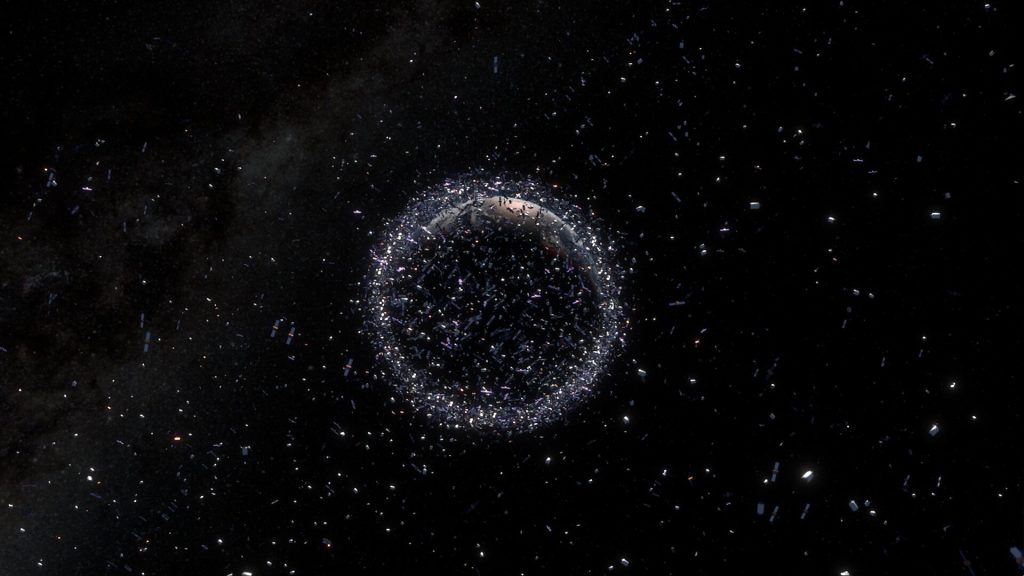Context:
Twelve countries have endorsed the Zero Debris Charter at ESA/EU Space Council.
Key Points:
- At the ESA/EU Space Council, twelve nations have signed the Zero Debris Charter, affirming their commitment to the long-term sustainability of human activities in Earth orbit.
- The European Space Agency (ESA) also endorsed the charter as an International Organization (IGO).
- Nations Involved: The Signatories include Austria, Belgium, Cyprus, Estonia, Germany, Lithuania, Poland, Portugal, Romania, Slovakia, Sweden, and the United Kingdom.
About Zero Debris Charter
- The Zero Debris Charter is an effort to become debris-neutral in space by 2030 that was unveiled at the ESA Space Summit in Seville meeting in November 2023.
- Aims to minimize space debris generation by encouraging member states to:
Design spacecraft for post-mission disposal.
Implement debris mitigation technologies like collision avoidance maneuvers.
Limit the creation of new debris during launches and operations.
What is Space Debris?
- Space debris, or space junk, refers to any human-made object left in space.
- It includes large objects like defunct satellites and smaller items like debris or paint flecks from rockets.
- Concern with Space Debris Space debris can threaten operational satellites and hinder future space exploration endeavors.
The European Space Agency estimates that more than 1 million pieces of orbital debris a cm or larger, and more than 30,000 pieces bigger than 10 cm, litter the low-Earth orbit (upto 2000 km above the Earth’s surface). - Debris removal is difficult and expensive due to the vastness of space.Potential for Kessler Syndrome, a cascading effect of collisions where debris creates more debris in a runaway scenario, significantly increasing the risk of spacecraft damage, Satellites and other space infrastructures
- Space debris, upon re-entry, can impact the Earth’s surface, posing risks to populated areas, and contribute to atmospheric pollution through the release of harmful chemicals and particles during burning.
Initiatives for Space Debris Mitigation
- Global Efforts:
Inter-Agency Space Debris Coordination Committee (IADC): The IADC’s primary purpose is to coordinate efforts related to space debris in Earth orbit. This includes both man-made and natural debris.
United Nations Office for Outer Space Affairs (UNOOSA) promotes best practices and international cooperation on space debris mitigation.
Research and development of debris removal technologies like space tugs and lasers. - National Efforts:
ISRO’s XPoSat mission successfully concluded as the rocket safely descended into the North Pacific Ocean, leaving no space debris.
Starting in 2025, ISRO will adopt a debris-free approach, including clean orbit selection, fuel allocation for rocket disposal, and precise re-entry control.
Project NETRA (Network for Space Object Tracking and Analysis): Launched in 2020, Project NETRA serves as an early warning system, detecting debris and potential threats to Indian satellites in space
India’s plan for junk-free space missions by 2030
Also Read:
WIPO Treaty Recognizes Traditional Knowledge and Biodiversity

